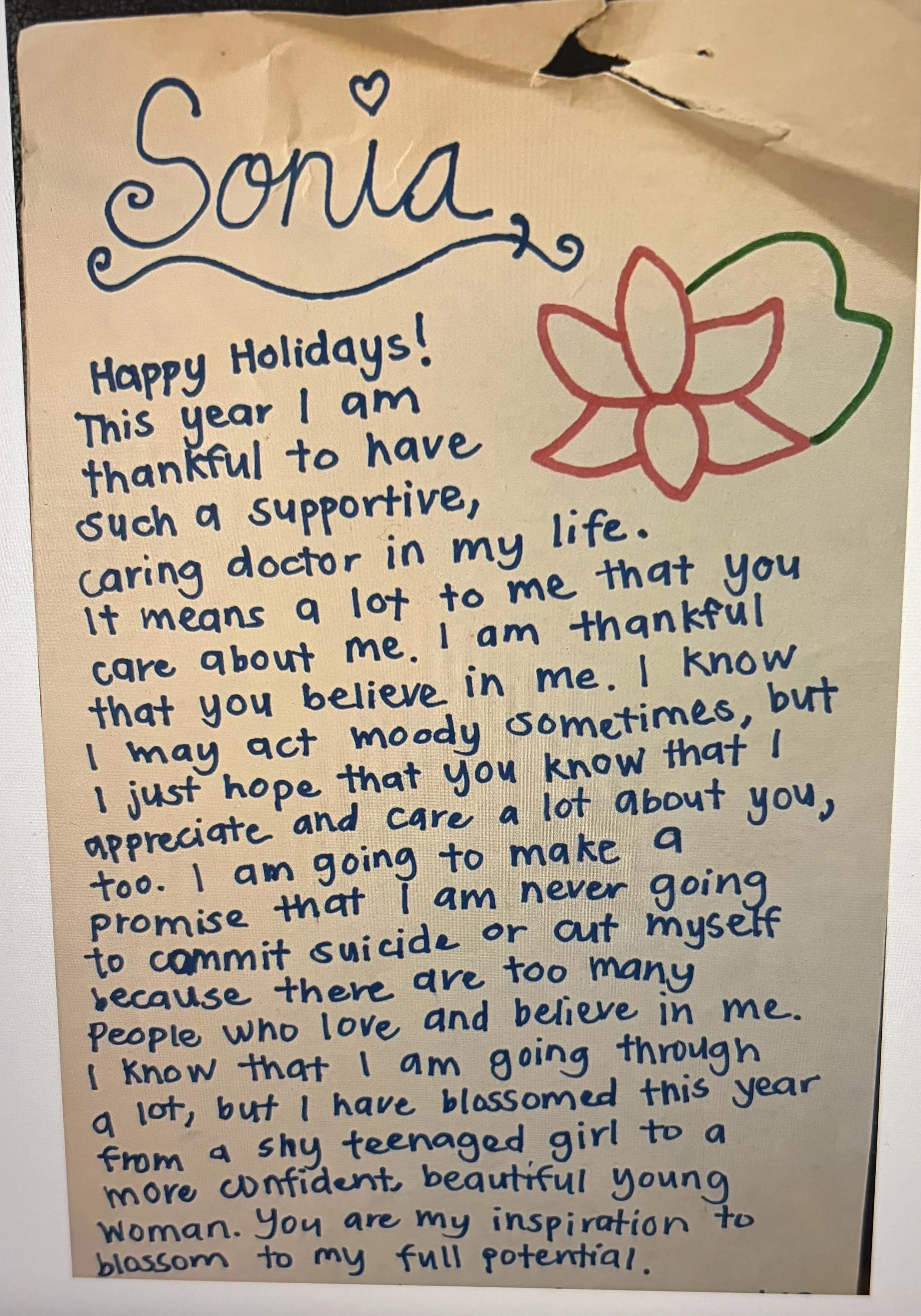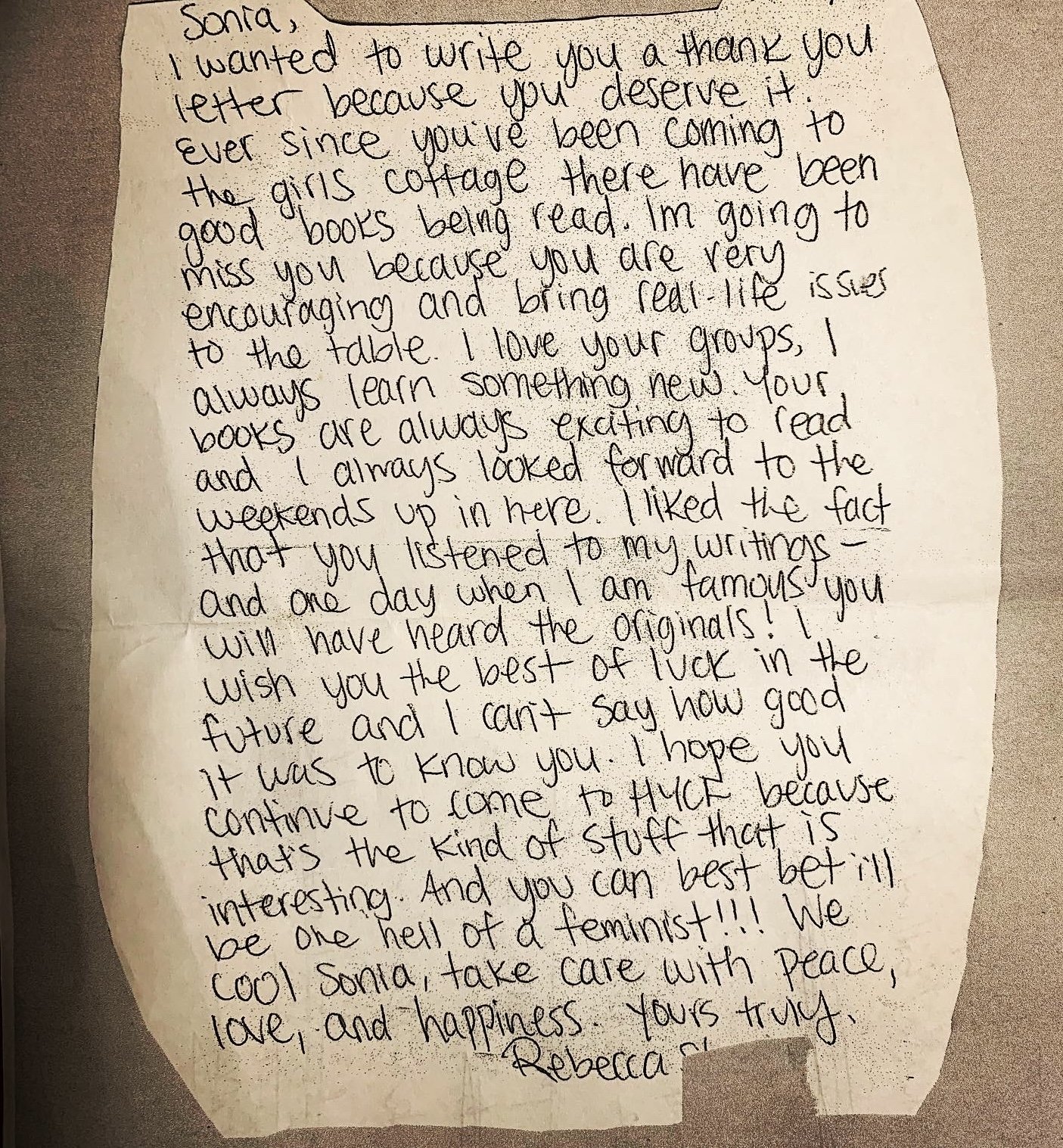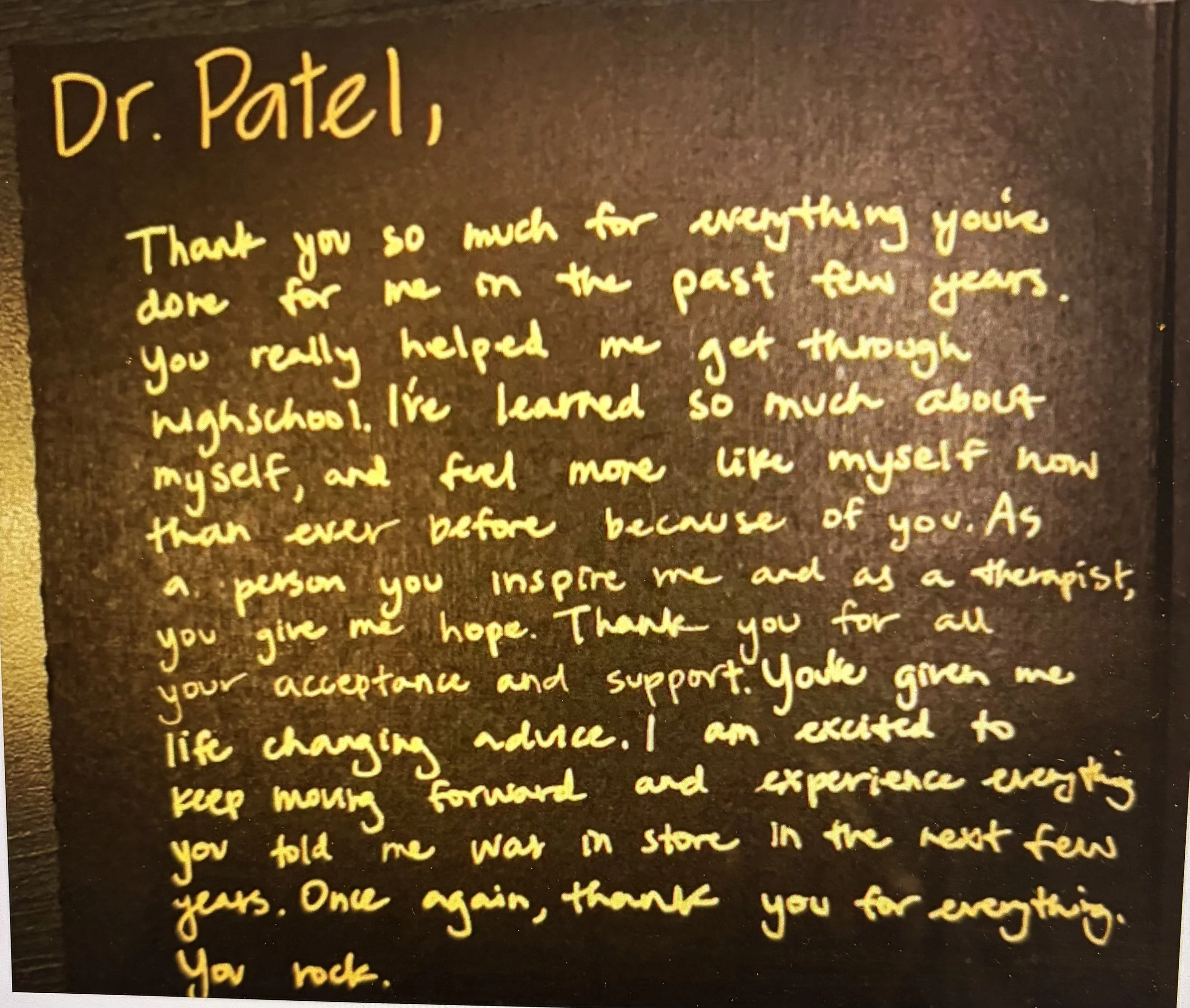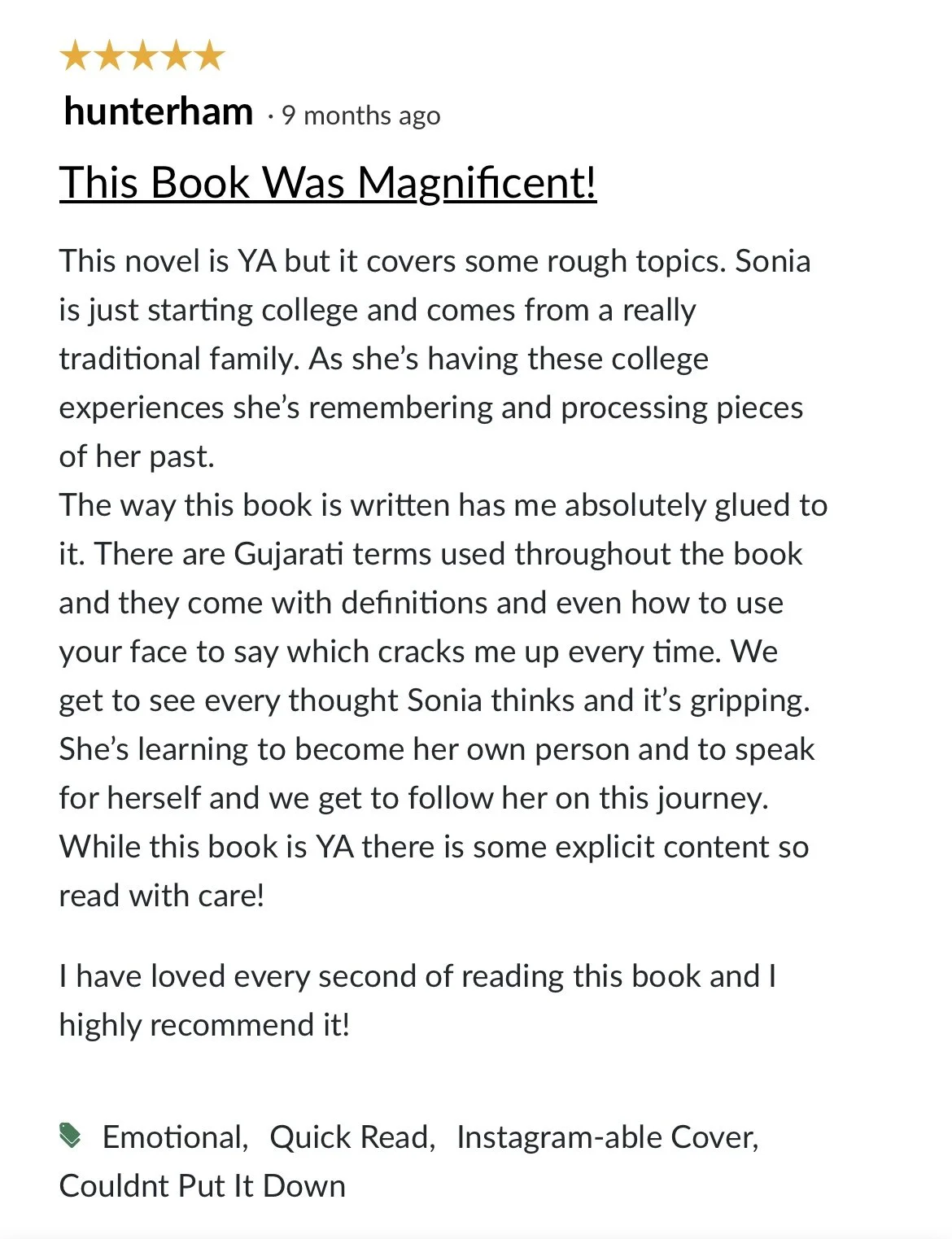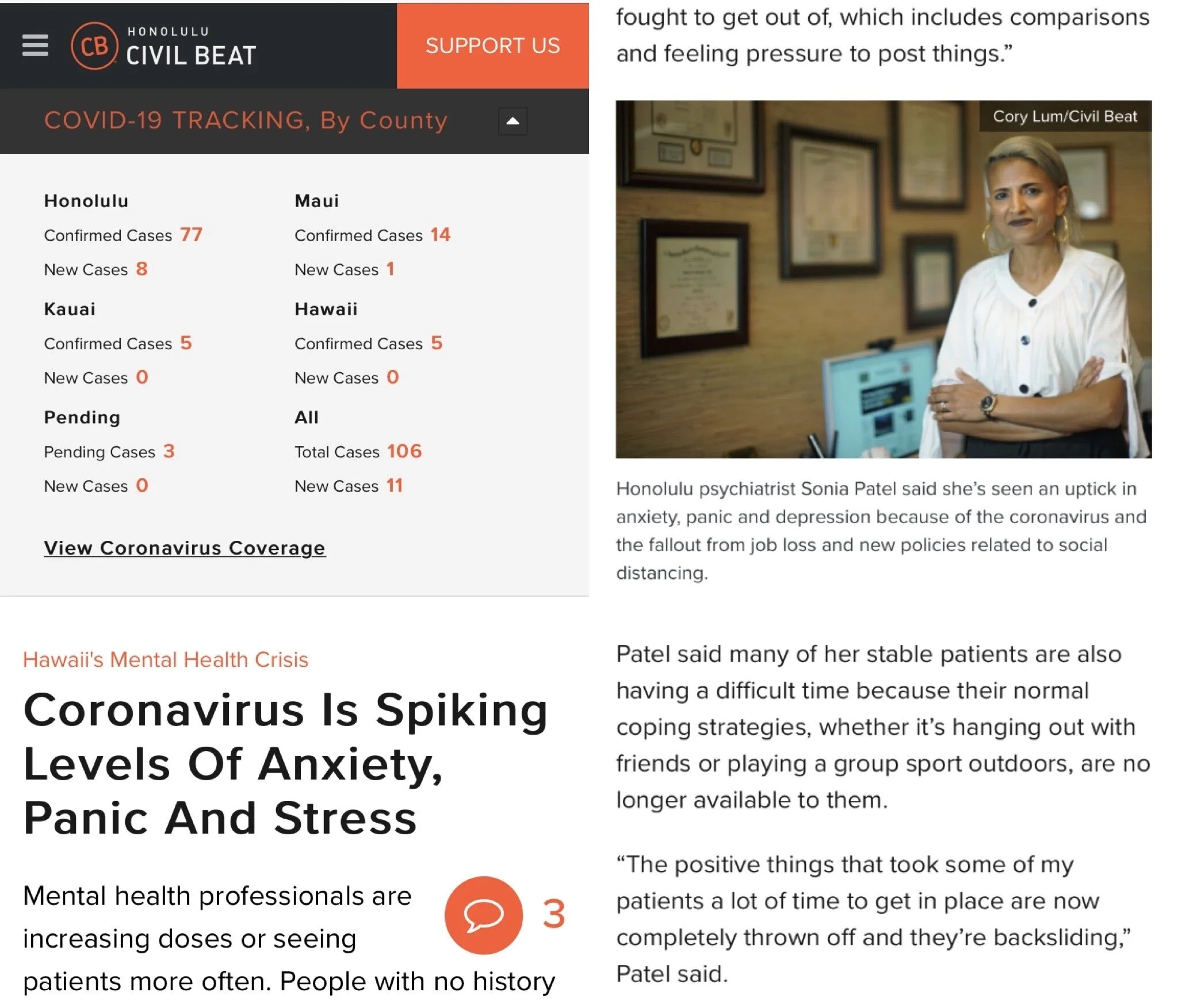psychiatrist
FREUDIAN SLIP
On more than one occasion, I’ve had a Freudian slip—substituting my name with Gita’s— while discussing my novel with others. And although GITA isn’t a memoir, it’s based on some of my experiences, so in the review below, the reader isn’t wrong in mentioning my name instead of the main character Gita’s. Thank you, dear reader, for this lovely review on the Barnes & Noble website.
Mental Health in Hawaii: Coronavirus & Quarantine
Check out this great article in Civil Beat by Brittany Lyte. https://www.civilbeat.org/2020/03/coronavirus-is-spiking-levels-of-anxiety-panic-and-stress/ I’m grateful to be included!
https://www.civilbeat.org/2020/03/coronavirus-is-spiking-levels-of-anxiety-panic-and-stress/
The Unrecognized Impact of Sexual Violence on Survivors
This essay was originally published in LENGUA LARGA, BOCA ABIERTA, edited by Isabel Quintero & Allyson Jeffredo, February 2017. I shared it on my blog soon after but took it down when I received threatening letters about the personal content.
The Unrecognized Impact of Sexual Violence on Survivors
by Sonia Patel
The truth of the matter is that “20 minutes of action” by men with privilege, power, and influence that “just kiss,” “grab ‘em by the p***y,” “don’t even wait,” and “can do anything,” can cause a lifetime of brain repercussions for their victims. And this is what is missing from the current discussion of sexual violence—that the effects on victims can be as biologically serious as brain injury induced by things such as concussions or crystal methamphetamine use.
As a child & adolescent psychiatrist, I’ve spent over twelve years guiding sexual violence survivors on their paths to recovery. I’m also a young adult novelist and my debut, Rani Patel In Full Effect, details the negative impact of paternal covert and overt incest and date rape on a sixteen-year-old girl. My second novel, Jaya and Rasa: A Love Story, addresses LGBTQ issues and one example of sex trafficking, including the profound damage that occurs to the development of a young girl when older men prey on her sexually from the time she’s twelve.
Sexual violence can damage a survivor’s brain at a cellular and physiological level. Time and time again medical research has shown that sexual violence can, for example, alter brain structure, change how the brain reacts to stimuli, deregulate neurophysiological interplay, and impair cognitive function. Children are particularly vulnerable to this devastation because their brains are still developing. These types of brain injuries can adversely alter everything about how children or adolescents approach and experience their life as they grow into adults. The normal development of their sense of trust, self-worth, ability to be assertive, and formation of their identity is thwarted. They are more likely to have pessimistic automatic thoughts, negative feelings, compulsive and self-destructive behaviors, and inability to maintain appropriate boundaries or form deep connections in relationships. Their brain injury might be expressed as one or more full blown psychiatric disorders.
Survivors may get lost in the cognitive and emotional manifestations of their impaired brain function. They may even accept that these symptoms are who they are instead of their brain’s unavoidable biologic response to the sexual violence.
Discussion of sexual violence is not typically encouraged and in fact society tends to at least partially blame the victim. In addition, because abusers put their own wants first and lack empathy (both of which can be hallmarks for serious psychiatric issues such as the Narcissistic Personality Disorder), their cavalier stance on the ramifications of their actions reinforces the view that the guilt rests with the victim. So survivors of sexual violence may suffer in silence. Stifled, they can’t focus on how harmful the abuse was. Rather, they are stuck in “speaking” and “living” through their troubled cognitions and emotions and end up in a vicious cycle of helplessness and shame that can lead to a lifetime of dangerous choices and various addictions, including drugs, alcohol, and sex.
Of course there are multiple factors that can alter the biological brain effects of sexual violence—chronicity of the abuse, genetic susceptibility, family and peer support, etc. But there is no doubt that sexual violence can change a victim’s brain functioning. Still, healing is possible. It takes time because it requires a survivor to essentially “retrain” their brain to think, feel, act, and connect with people in a positive way. I often tell my patients that depending on how many years they’ve lived with their dysfunctional brain wiring, it might take them that many years to fully recover. This is not to make them lose hope but rather to foster empathy for themselves about the severity of the abuse they suffered. Empathy for themselves, as it turns out, is an important part of gaining insight into their ordeal. And insight is the first step on the path to healing. As survivors gain insight into the sexual violence they suffered, they escape the muteness of their trauma and learn to find words to separate themselves and verbalize their brain’s biologically conditioned cognitions, emotions, behaviors, and connections to people. This leads to empowerment because they begin to realize they are not what their thoughts and feelings tell them. They become aware that they are worthy of being more than sexual objects for others. They figure out that they can reinvent themselves independent of the sexual violence they suffered.
And I should know. Because besides my medical training in the effects of sexual violence on patients and the years I’ve spent treating them, I’ve spent years individuating myself from my role as my father’s intimate object. I’ve thought the worst of myself. I’ve felt the depths of depression. I’ve hated myself and wanted to die. I had years of nightmares about being kidnapped and gang raped by older men. I’ve indulged in quick fix self-destructive behaviors and made impulsive, bad decisions that hurt me and those I loved.
Eventually I gained insight into my brain’s negative hardwiring and it became clear to me that I’d have to work hard to overcome the existing circuits. Many tears and years later I succeeded in creating new ways of thinking, feeling, behaving, and relating to people. My self-worth is solid and my boundaries and decision making much improved. I am my own person.
Given the recent revelations of sexual violence by many high-profile men in a wide range of industries, I am hopeful that we as a society can use this political moment and the conversation it has provoked to reshape our understanding of sexual violence. We can do this by fully supporting victims and survivors of sexual violence on their journey to recovery. We can do this by not standing for any of the excuses for unacceptable behavior thrown around by abusers. And we can do this by eliminating once and for all the disgrace surrounding victim status.
IF YOU’RE GOING TO TAKE FROM MY CULTURE (YOGA), DON’T F&*@ IT UP!
Cultural appropriation is generally defined as the dominant culture stealing aspects of a minority culture, such as fashion, music, traditions, symbols, etc. It is often viewed as harmful, especially since it stems from colonialism and oppression.
Personally, I think the concept is taken too far sometimes. It’s not that I’m down with the disrespectful stealing of another’s culture, but I think the sharing of cultures can be beneficial. It can promote tolerance and empathy if done right.
I’m the first person in my Gujarati immigrant family to be born in America and honestly, there are times I feel Indian, times I don’t. There are times I feel American, times I don’t. And the culture I most identify with is hip hop culture, a culture born out of the black experience in New York City. Hip hop culture has influenced me in many positive ways and at times even saved my life. I’m thankful to hip hop, so much so that I gave it a central role in my debut young adult novel, Rani Patel In Full Effect. I intend no disrespect to the founding black culture, only gratitude. Hopefully, I succeeded in giving it the mad props it deserves.
I don’t relate to most aspects of my Gujarati Indian culture. But I do relate to yoga, a Hindu tradition that encompasses physical, mental, and spiritual practices. I focus on the physical and mental aspects in a Westernized way in a Western studio. For me, yoga, like hip hop, provides tremendous relief to the internal anguish that still plagues me given my family of origin issues. This, and because I’m a psychiatrist, I’m overjoyed that many people in the West practice yoga and find it helpful.
Not all Indians feel like that. There are Indians who consider westernized yoga to be harmfully appropriated, especially given the high commercialization of it and how far removed it’s become from ancient Indian philosophy and purpose.
More recently, I’ve felt the sting of this cultural appropriation in my yoga classes. But for me, it’s quite specific. Usually, I’m the only Indian person in class and when I hear practitioners, mostly women, talking about being on “detox juice cleanse diets,” “going vegan,” “deciding to quit all carbs,” or praising each other on weight loss, I feel angry. I mean do these people know that 15% of India’s population is undernourished? Do they know that most Indians in India are lacto-vegetarian? Do they know that it’s highly disrespectful when they talk about bodies like pieces of meat (which of course, they don’t eat)? Do they know that they’re perpetuating misogyny? I wonder if they talk to their children, especially their daughters, like that. More than angry, that makes me sad and scared for the future.
The worst was when a frequent practitioner began reeking of ketones during and after class. I know the smell from medical school and residency training and from my work with eating disordered patients. It’s not normal. Simply put, it represents the body breaking down. It can be dangerous, even fatal. It was common knowledge that this particular practitioner had been taking 3 classes a day. Every single day. Without eating in between. And not eating very much of anything all day. Personally, I found this to be the ultimate in disrespectful appropriation of yoga. I’m no expert on yoga philosophy, but I know for sure that it’s not meant to be harmful. And then how healing is it if a fellow practitioner dies in class because privilege allows them to take 3 classes a day and choose not to eat?
I expressed my concerns to the practitioner and the studio. I’m happy the studio made positive changes to their policies to assist practitioners in making more balanced, and less deadly, yoga choices.
I’m still all about sharing culture, but not about letting entitlement and privilege turn someone’s culture into something toxic.
Hawaii's Lack of Psychiatrists
Check out this informative article in Honolulu Civil Beat- Hawaii’s Mental Health Care Crisis: The lack of psychiatrists is a particular problem for people who rely on the state’s public health insurance for low-income residents.
https://www.civilbeat.org/2018/09/hawaiis-mental-health-care-crisis/
I am grateful to have my thoughts included.
